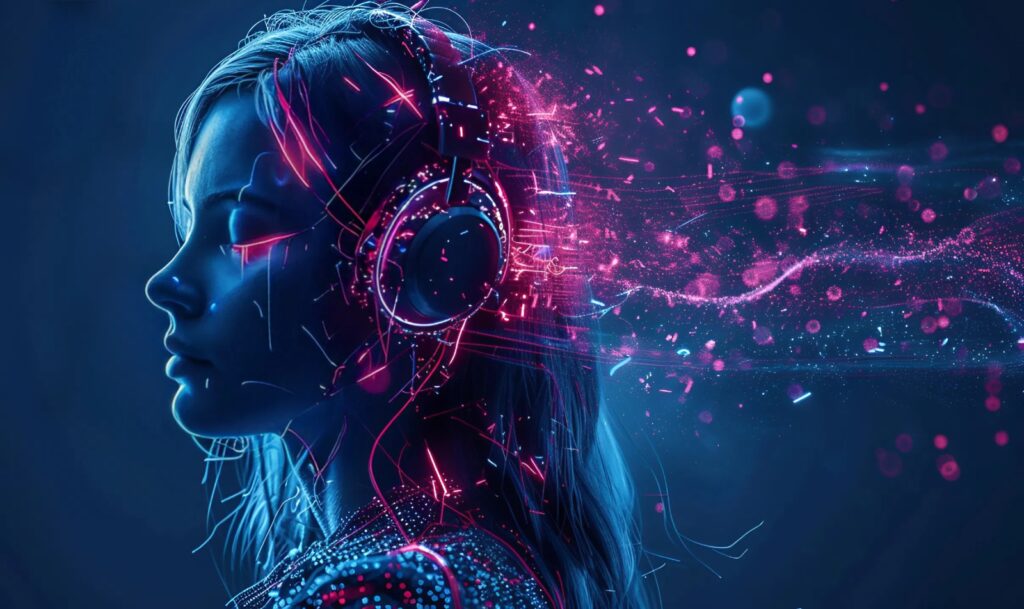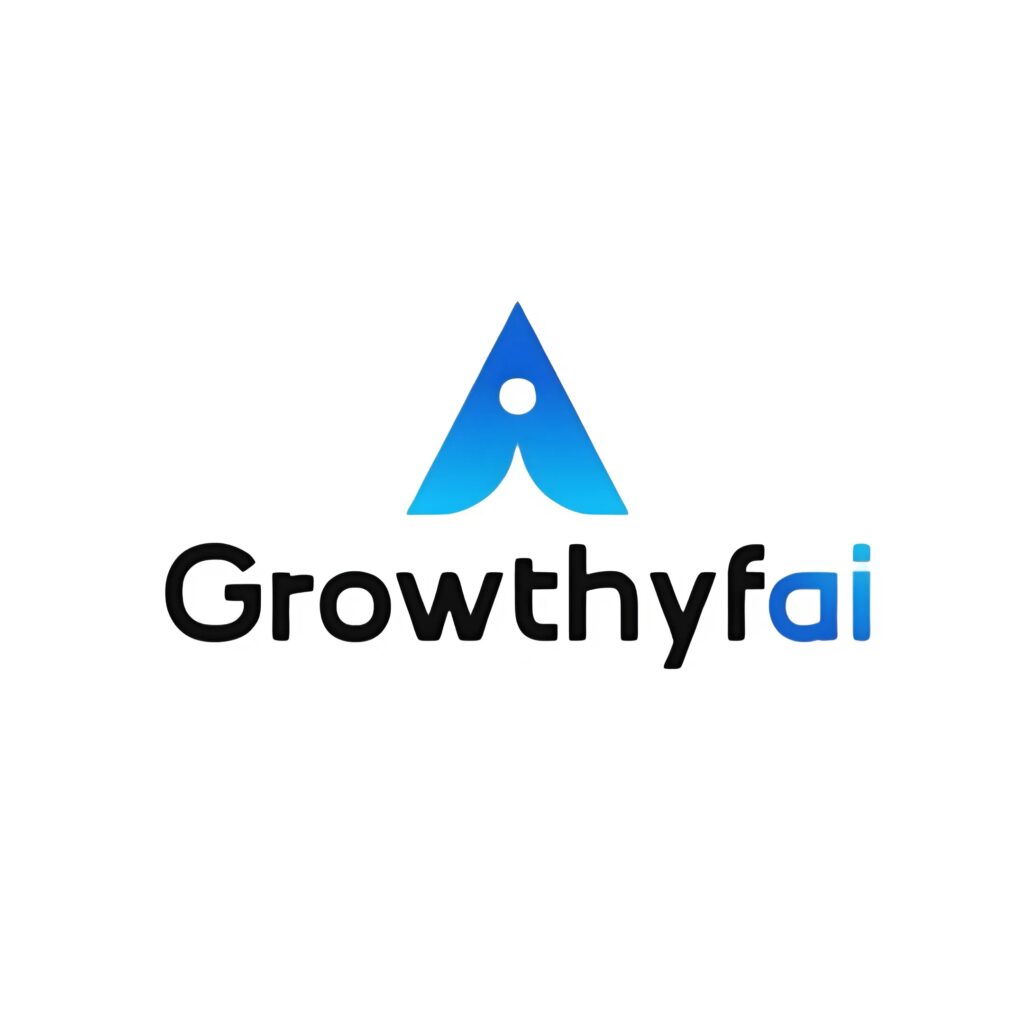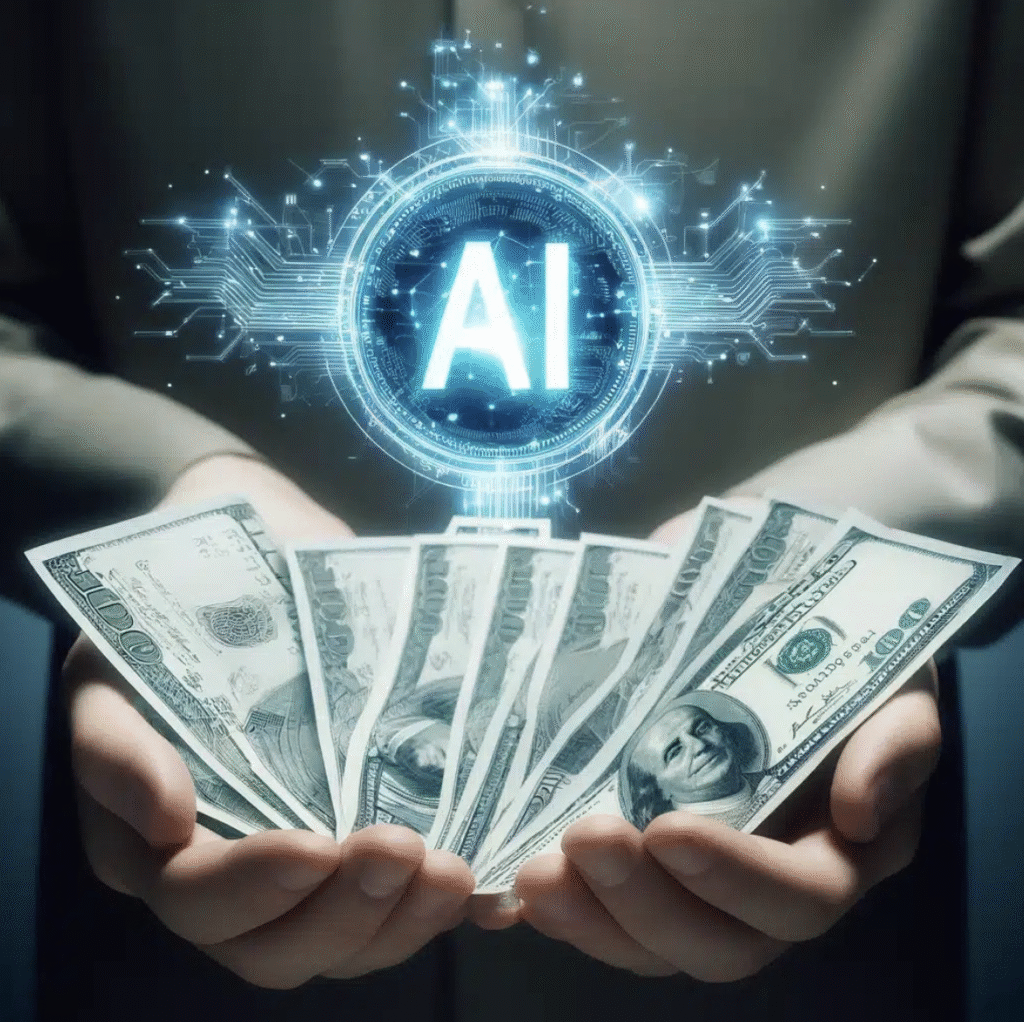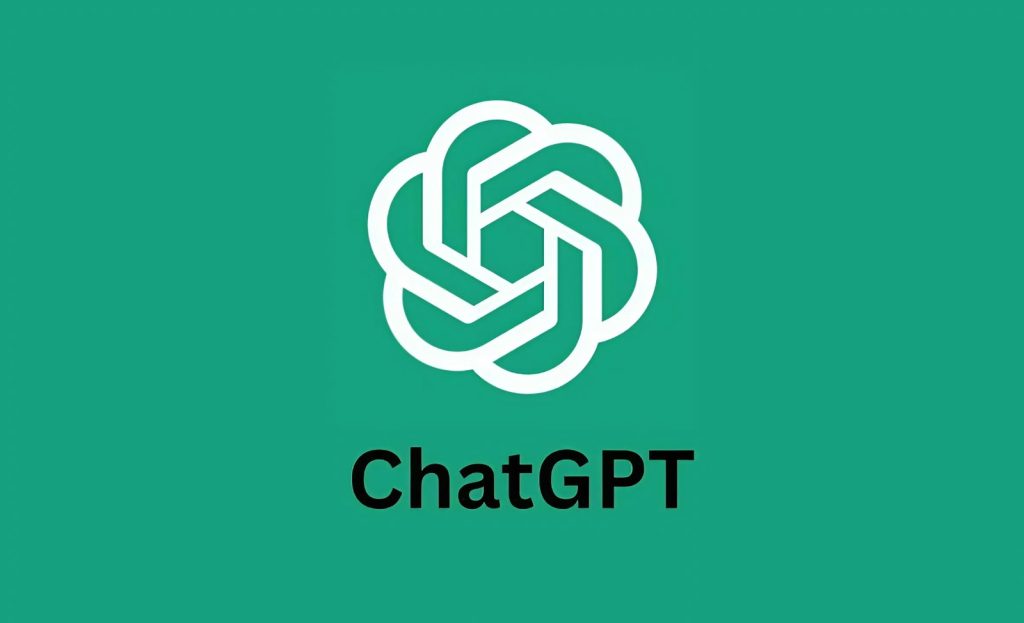Exploring the Role of AI in Personalizing Learning Experiences
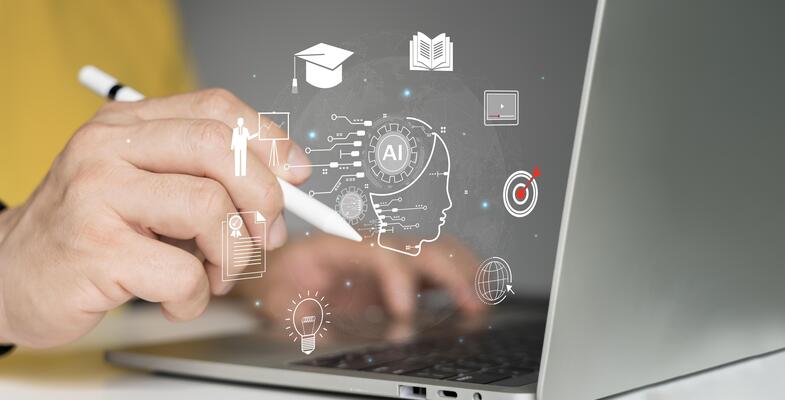
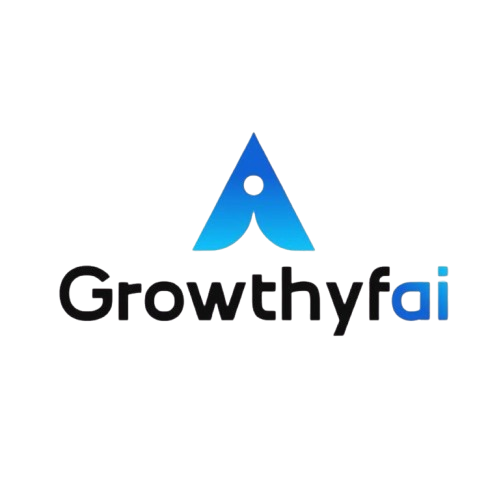
In recent years, the integration of Artificial Intelligence (AI) into various sectors has ignited a transformative impact, especially in education. As traditional educational models face challenges in catering to diverse learning needs, AI emerges as a powerful tool to personalize learning experiences. By harnessing AI, educators can create tailored educational experiences that adapt to individual learners’ needs, preferences, and pace. This blog post delves into the multifaceted role of AI in personalizing learning experiences, highlighting its benefits, challenges, and future prospects.
The Emergence of AI in Education
AI’s proliferation in education isn’t just a futuristic concept—it’s a current reality reshaping how we approach teaching and learning. AI technologies, including machine learning algorithms, natural language processing, and data analytics, play pivotal roles in gathering and interpreting educational data. This wave of technological advancement enables educators to recognize patterns, predict learning outcomes, and customize instructional strategies. The adoption of AI in educational settings bridges the gap between standard teaching methods and the diverse needs of learners, fostering an environment that promotes equity and efficiency.
How AI Enhances Personalized Learning
AI excels in delivering personalized learning experiences by leveraging data to understand students better than traditional methods could. Here are key ways AI contributes to personalized education:
1. Data-Driven Insights:
AI systems analyze vast amounts of data from various sources, such as student assessments, behavior, and interaction with learning materials. By interpreting these data points, AI systems generate insights into individual student profiles, highlighting specific strengths, weaknesses, and preferences.
2. Adaptive Learning Platforms:
AI-driven adaptive learning platforms adjust curricula in real-time, aligning educational content with a learner’s unique needs. Such platforms utilize algorithms to modify lesson plans, ensuring that students neither feel overwhelmed by complex topics nor disengaged due to material that is too simple.
3. Intelligent Tutoring Systems:
AI-powered tutoring systems offer personalized feedback and recommendations to students. These systems identify areas where learners struggle and provide targeted resources or suggestions, much like a human tutor would, but often with greater consistency and availability.
4. Natural Language Processing:
Through natural language processing, AI can engage in one-on-one conversations with students, providing a personalized and interactive learning experience. This capability is particularly beneficial for language learning and for students requiring individualized support in subjects like writing.
5. Student Engagement and Motivation:
By integrating gamification elements and personalized challenges, AI systems make learning more engaging. Tailoring content to match a learner’s interests enhances motivation and encourages active participation.
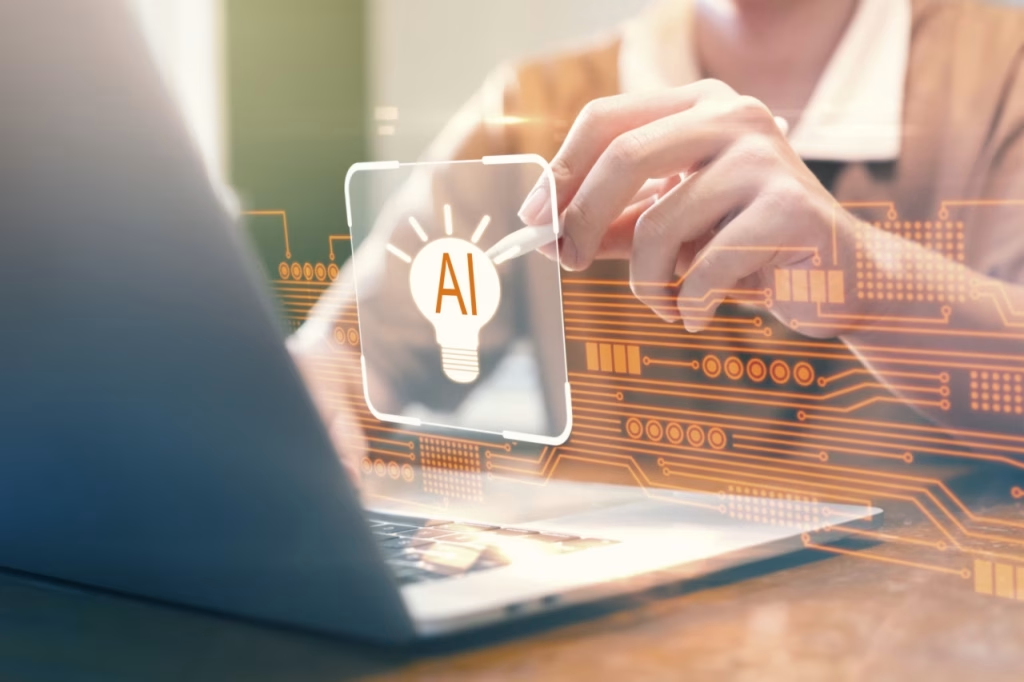
Real-World Examples of AI in Personalized Learning
Several real-world implementations illustrate AI’s capacity to personalize learning experiences:
✅ Carnegie Learning’s MATHia: This AI-driven platform adapts to students’ learning habits, offering customized feedback and pacing in math instruction. It helps students by identifying and addressing specific areas of difficulty.
✅ Duolingo: A language-learning app that uses AI to personalize paths for users. It adjusts difficulty and content according to the user’s progress, keeping their unique learning needs and speed in context.
✅ Content Technologies, Inc. (CTI): This company developed an AI that creates customized textbooks on demand. By analyzing course objectives and student information, the AI generates personalized educational materials tailored to meet individual learning requirements.
Challenges and Considerations
While the advantages of AI in personalizing education are substantial, several challenges need attention:
✅ Data Privacy and Security: Collecting and analyzing detailed educational data raise concerns about privacy. Ensuring data protection and obtaining informed consent are critical in maintaining trust among learners and educators.
✅ Bias in AI Systems: AI systems are only as good as the data they are trained on. Unintentional bias in training data can lead to skewed learning experiences. Continuous evaluation and updating of AI models are necessary to avoid this pitfall.
✅ Resource Availability: Implementing AI technologies requires financial investment, technical infrastructure, and trained personnel—resources that may not be readily available to all educational institutions.
✅ Educator Training and Acceptance: Teachers need to be adequately trained to integrate AI tools into their instruction effectively. Acceptance can be slow, especially if educators are not provided with sufficient support or see AI as a threat rather than a complementary resource.
The Future of AI in Personalizing Learning
As AI technology advances, its role in education will likely expand, offering even more sophisticated tools for personalizing learning. We can anticipate improvements in AI accuracy, an increase in scalability, and greater inclusivity in educational technologies. The future holds the potential for a more interconnected and globally unified learning ecosystem, wherein AI helps bridge educational disparities across different socioeconomic and geographic contexts.
Conclusion
AI’s integration into education possesses remarkable potential to transform learning experiences by catering to individual learning styles, preferences, and progress. While there are hurdles to overcome, the promising advantages drive continued exploration and implementation of AI in personalized education. As educators, technologists, and policymakers continue to collaborate, the future of learning stands to become more inclusive, accessible, and effective, thanks to the transformative power of AI.

